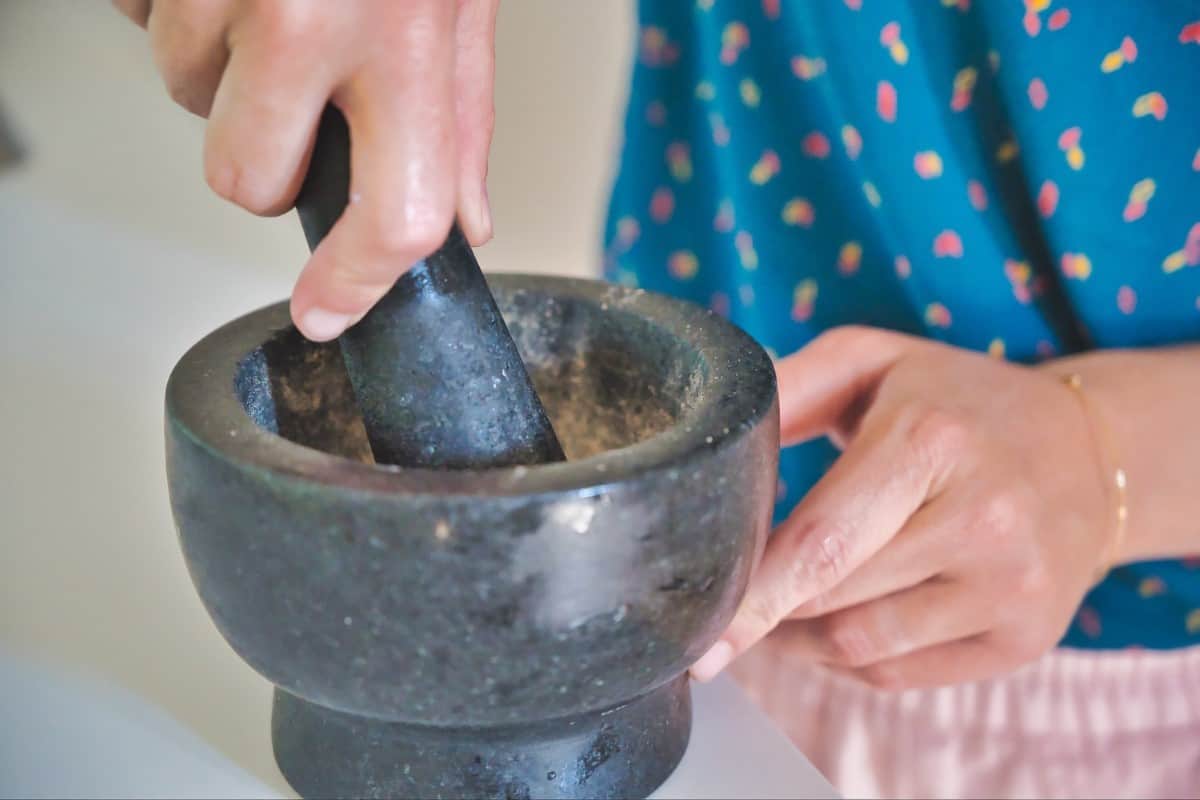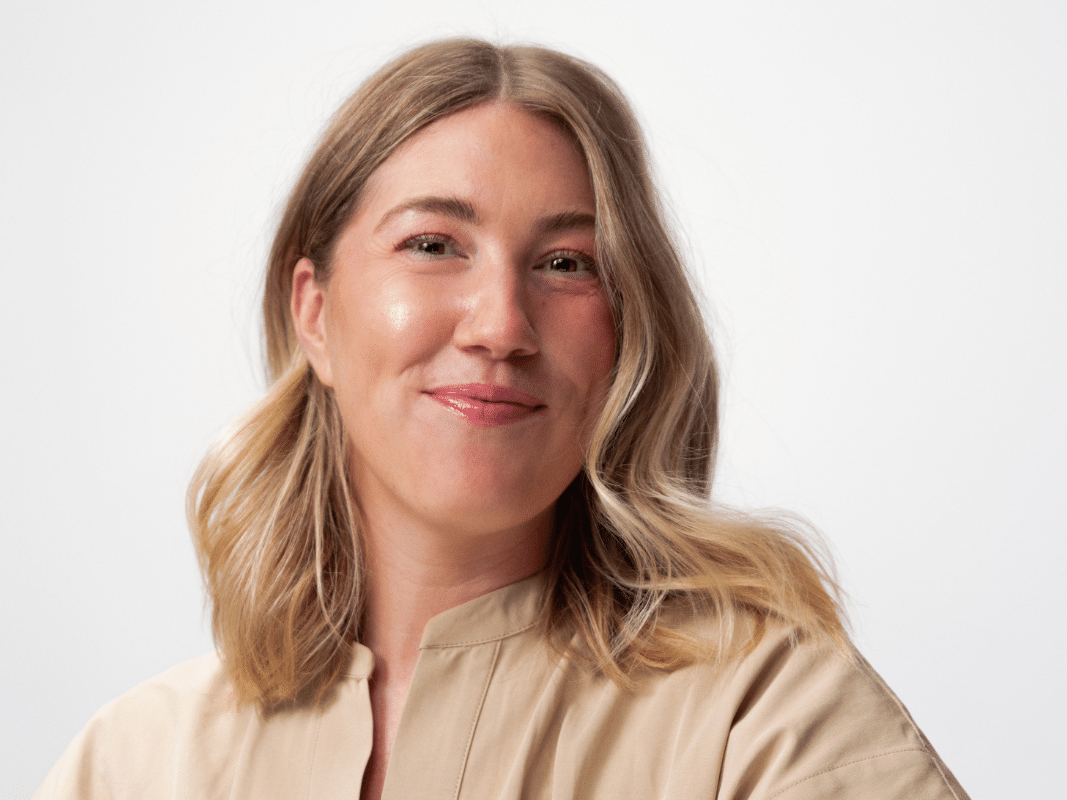How to Find the Right Holistic Doctor For You and Your Family
From Functional MDs to Ayurvedic Doctors, finding the right family holistic doctor to fit your needs can feel overwhelming at times. So we broke it down for you here. Read our tips to help you get started
Most conventional medical doctors have been taught how to put out the fire, but rarely do they get to the bottom of why that fire started in the first place. Holistic doctors try to find the root cause of symptoms, by looking at the person as a whole -- mind, body, and spirit.
When choosing the right family holistic doctor, it's important to search around in order to find the best fit for the care you need.
Types of Holistic Doctors and Practitioners
Some family holistic doctors can serve as your primary physician, while others practice a more complementary brand of medicine and should be seen in addition to your primary care physician. Here are the most common types of holistic doctors:
Functional or Integrative MDs
These doctors usually have an MD or DO and practice a blend of mainstream and holistic medicine. With Functional MDs, you can expect in-depth conversations during your visits as they will take their time getting to know you to find the most meaningful changes to your routine.
Osteopathic Doctor
Doctors of Osteopathy, or DOs, have the same schooling as MDs, plus an extra 200 hours of training in osteopathic manipulative medicine. These hands-on techniques help release tension in the muscles, joints, and nerves to promote healing.
Naturopathic Doctor
The goal of naturopathy is to support the body's natural healing abilities. A naturopathic doctor, like an MD, can order blood tests, MRIs, and other testing, but will choose non-invasive therapies over medicines and surgery.
Traditional Chinese Medicine Doctor
Traditional Chinese Medicine, also known as TCM, focuses on balancing the conflicting but interdependent energies of yin and yang, as well as assisting your vital energy, or qi, to flow freely.
Ayurvedic Doctor
An Ayurvedic doctor will use several research-backed therapies to help you restore the balance of your body's life energies. They can work with your primary care physician to help you manage chronic health issues like eczema, chronic pain, or digestive issues.
How to Find a Family Holistic Doctor in San Diego
Asking friends and family for referrals is often a good place to start when looking for a holistic doctor or practitioner. Here are other sources to find a family holistic doctor near you:
- American Academy of Osteopathy
- American Association of Naturopathic Physicians
- The Institute for Functional Medicine
- National Ayurvedic Medical Association
- National Certification Commission for Acupuncture and Oriental Medicine
Check Their Qualifications
Board certification is proof that a doctor has passed a series of qualifying exams that assess his or her ability to practice in a specific specialty. In the alternative health care profession, credentialing differs greatly, so be careful to ask questions such as:
- What medical school did you attend and what residency programs did you complete?
- How long have you been in the industry?
- Do you have any particular expertise in (insert your worry here)?
- What is the best approach for me to prepare for a visit to your office?
As well, ensure your next practitioner has experience treating your areas of concern (or similar conditions) with questions like:
- What types of patients do you see on a regular basis?
- Do you have specific training in (my condition) or are you familiar with it?
Does the Doctor's Specialty and Training Meet Your Needs?
Each holistic doctor has their own specialties based on their training and expertise. For example, DOs are especially helpful for migraines, back and neck pain, and digestive woes while TCM and Ayurvedic practitioners use many herbal and mind-body remedies, such as acupuncture or meditation. Once narrowed down, you may find the best fit for you by reflecting on these questions:
-
Practice hours
Do you need evening or weekend appointments?
-
Location
Is it necessary for the practice to be accessible by public transportation? Is it convenient to get to work and/or home?
-
Costs and coverage
Is the practice covered by your insurance? How much will be out of pocket?
-
Hospital privileges
Do the doctors in the practice have privileges at the hospital where you want to go? What is the significance of this to you?
-
Hospital visits
Will the practice's physicians see you if you're admitted to the hospital, or will you be referred to a hospitalist on staff? How important is this to you?
What to Ask Your Holistic Doctor at Your First Appointment
A great strategy to make the most out of your first appointment is to bring a list of questions about the conditions and needs for you and your family. Other questions may include:
-
Frequency of visits</h6 >
What is your recommended timing of visits (weekly, biweekly, monthly, etc.)?
-
Cancellation policy</h6 >
What happens if I cancel an appointment? Are there additional fees?
-
Appointment reminders and follow-ups</h6 >
Does the office send out regular check-up reminder emails, phone calls, or postcards?
-
After hours</h6 >
Who should I call or where should I go for emergency care if it's after hours?
-
Alternative care</h6 >
Who fills in for my doctor if he or she is unavailable, and where is that doctor's office located?
Evaluating Your Potential Holistic Doctor
After your appointment, you may want to ask yourself whether the provider feels like the healer for you. Notice how you felt when you left the office:
- Did you leave feeling understood, reassured and uplifted?
- Do you have a clear understanding of the treatment plan and next steps?
- Do you feel like you're in good hands?
- Was the appointment on time? What is the average waiting time?
Taking Charge of Your Own Care
The most important thing to keep in mind is that you must be accountable for your own portion of the health-care collaboration. You must own your ability to seek out health care practitioners and places that meet your health needs, not simply illness screenings, medication, immunizations, and surgery, if you want to thrive.
















